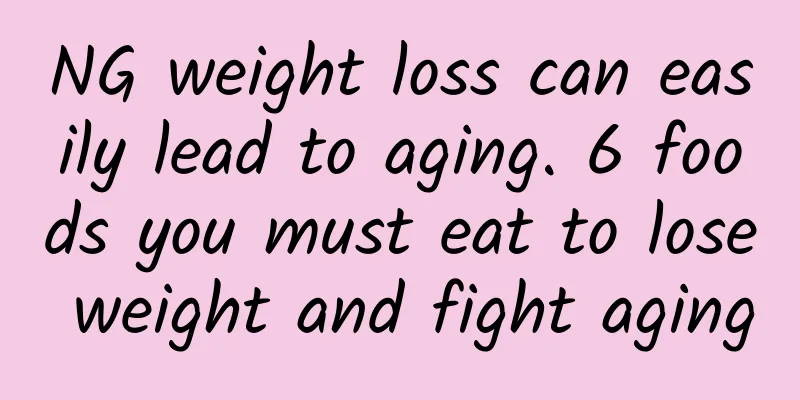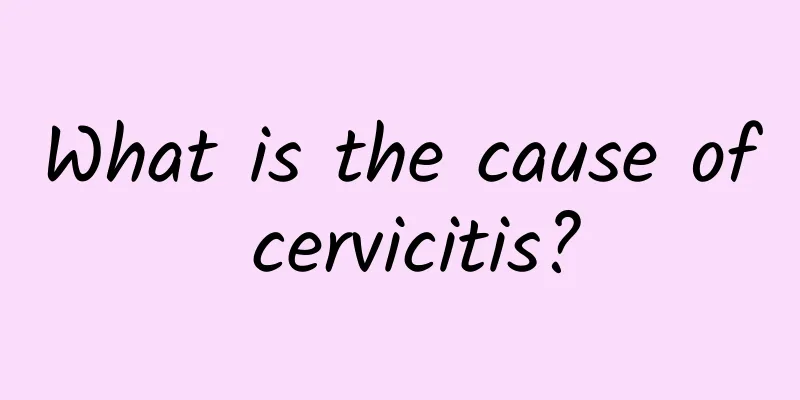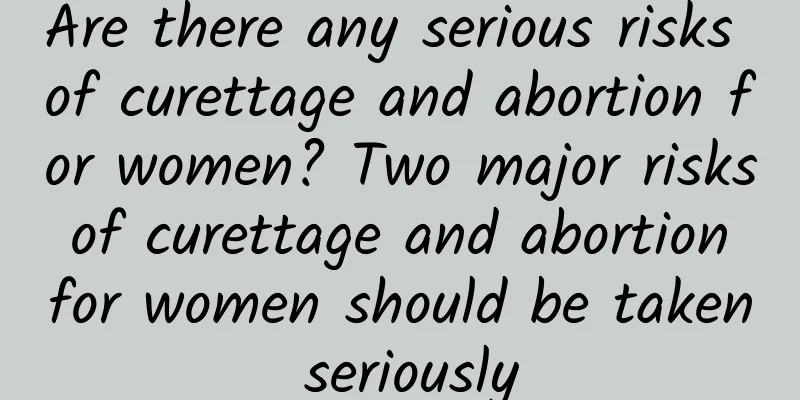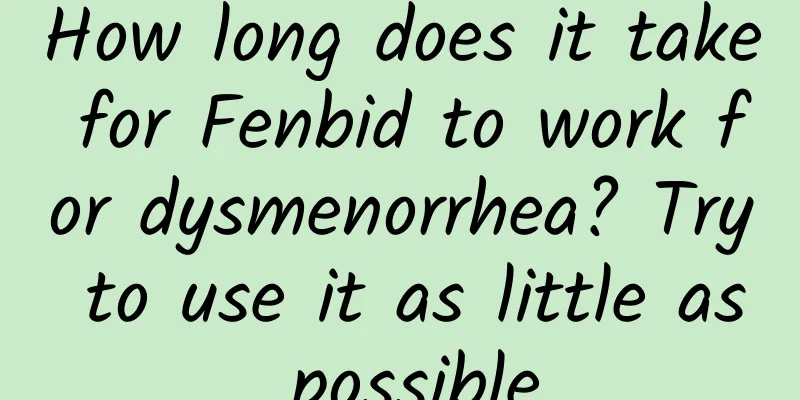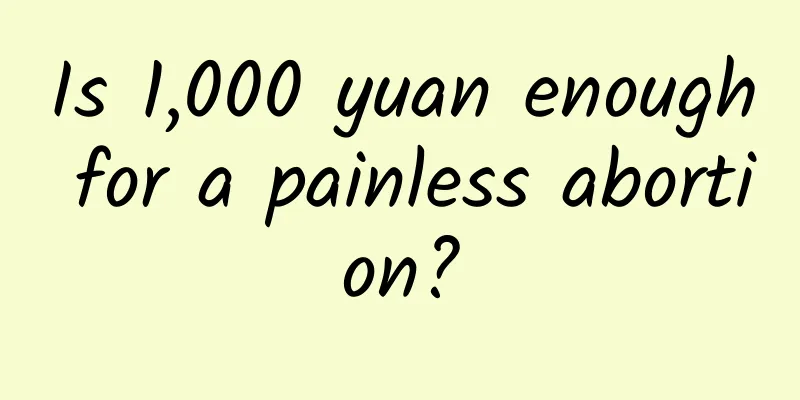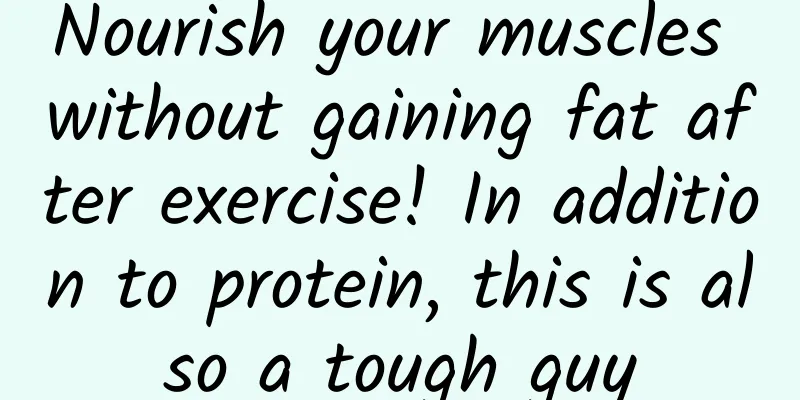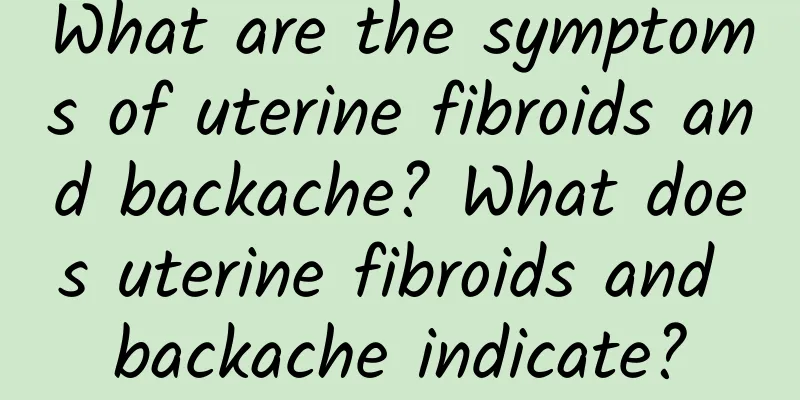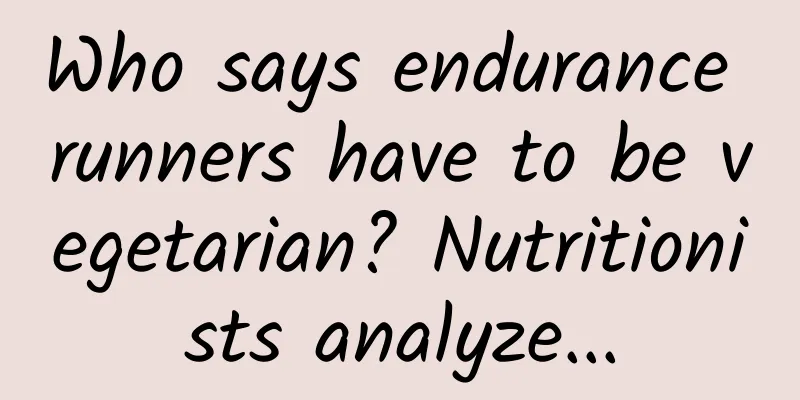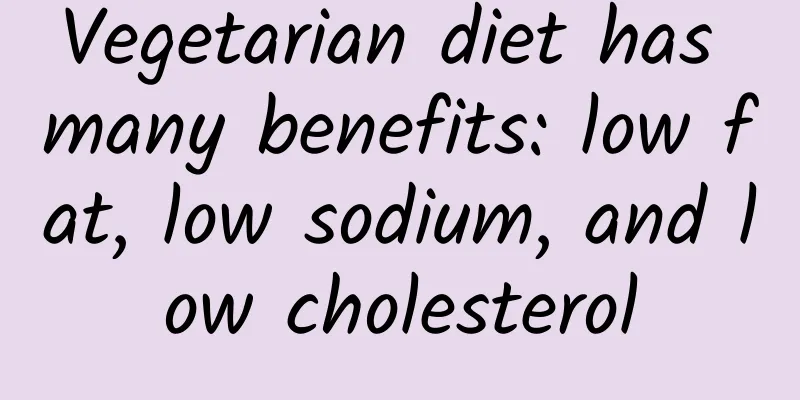What should I eat if I have uterine fibroids?

|
Uterine fibroids are a common gynecological disease. In order to quickly relieve symptoms and promote improvement of the condition, we should choose a suitable diet. So, what should you eat if you have uterine fibroids? For patients with uterine fibroids, the principle of diet is to eat light and easy to digest. This can reduce the burden on the digestive system and avoid irritants in food that aggravate the condition. It is recommended to choose more fresh vegetables and fruits. These foods rich in fiber help promote intestinal peristalsis, detoxify and maintain beauty. Foods rich in omega-3 fatty acids are also a good choice for patients with uterine fibroids. Such foods include deep-sea fish (such as salmon, cod, etc.), flax seeds and walnuts. Omega-3 fatty acids have anti-inflammatory and immune-boosting effects, which can help reduce the thickness of the endometrium and alleviate the symptoms of fibroids. Foods rich in vitamin C should also be included in the diet. Vitamin C can enhance immunity, promote wound healing, and also has a certain positive effect on regulating the intrauterine environment. Citrus fruits, kiwis, tomatoes, etc. are all good sources of vitamin C. Patients with uterine fibroids can pay attention to the following points in their diet: light and easy to digest, consume more vegetables and fruits rich in fiber, reasonably increase the intake of omega-3 fatty acids, and eat more foods rich in vitamin C. Regarding what to eat to get better quickly when you have uterine fibroids, we need to understand some scientific common sense. Dietary conditioning is an auxiliary treatment measure to relieve the symptoms of fibroids, and cannot directly treat the fibroids themselves. The main methods for treating fibroids are drug therapy and surgical treatment. Individual differences are large and cannot be generalized. For patients with uterine fibroids, dietary conditioning is only an auxiliary means, and they also need to follow the doctor's treatment plan and adjust it according to individual conditions. For patients with uterine fibroids, dietary conditioning is an important auxiliary treatment method. Choosing light and easily digestible foods and increasing the intake of foods rich in fiber, omega-3 fatty acids and vitamin C can help relieve symptoms, but it cannot directly treat fibroids. In the process of dietary conditioning, it is also necessary to combine individual conditions and follow the doctor's treatment plan to achieve better treatment results. |
<<: What should I not eat if I have uterine fibroids? Is uterine fibroids okay after the age of 45?
Recommend
Tumor rupture is one of the complications of ovarian cysts in women
If ovarian cysts are not treated in time, they wi...
What are the pelvic floor muscle exercises? Do them every day
There are many ways for women to exercise their p...
Will 1.5CM of pelvic fluid affect my life?
Will my life be affected if I have 1.5cm of pelvi...
Proper exercise during menstruation can help prevent dysmenorrhea
I believe that many female friends have experienc...
Why does my period last more than ten days but still not end? There are usually three reasons
If menstruation has not ended after more than ten...
Stress causes depression and overeating! Tap 8 parts to relieve stress and massage, help lose weight
Being in an environment of high mental stress, te...
How to take care of yourself when you have adnexitis
How to take care of your health when you have adn...
How to prevent hyperprolactinemia
After the occurrence of hyperprolactinemia, we mu...
What is immune recurrent miscarriage? Let's take a look at it together.
Immune recurrent miscarriage refers to autoimmune...
There are several ways of transmission of endometrial tuberculosis
Female friends may suffer from various gynecologi...
Is it painful for women to have abortion without anesthesia? Experts explain the common sense of female abortion
Abortion is a helpless act for every mother. Some...
How to treat uterine fibroids? Are women over 30 years old a high-risk group for uterine fibroids?
Uterine fibroids are the most common tumors in th...
Choose the best treatment for vaginitis according to your condition
The occurrence of vaginitis has a great impact on...
Causes of nighttime vulvar itching
Causes of nighttime vulvar itching Some women hav...
What kind of harm does pelvic inflammatory disease usually cause?
Pelvic inflammatory disease is also a gynecologic...
